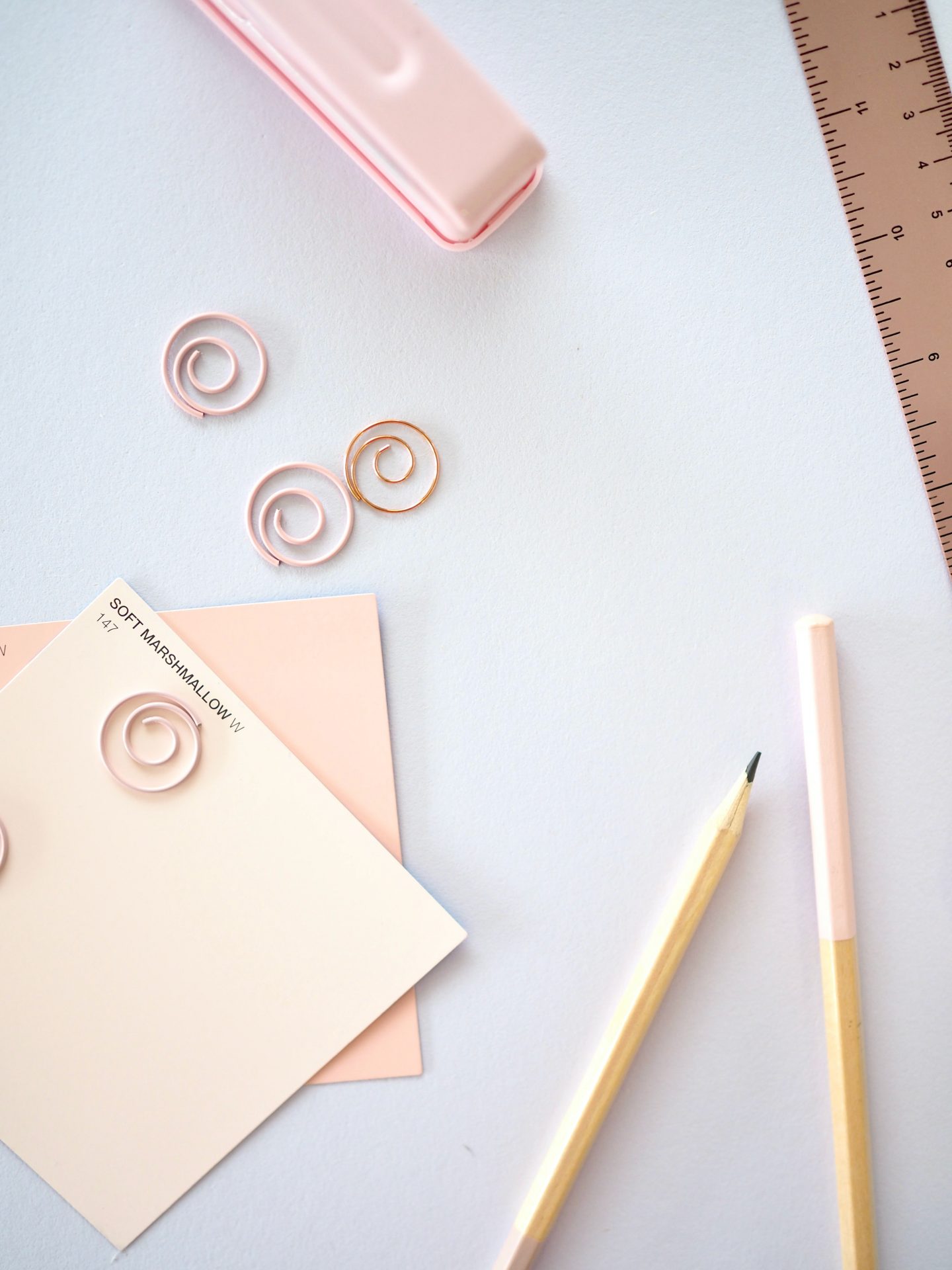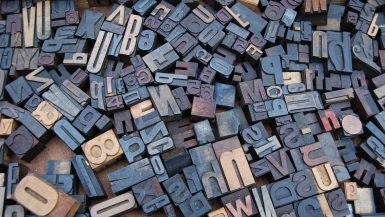Word of the Year concepts is popular planning tools. You use a word to represent your upcoming year and what you wish to accomplish.
But this word has to represent your dreams, goals, action plans – EVERYTHING!
And while I believe that words are powerful (I am a writer after all!), that’s a lot to put on a little word’s shoulders. Over the last few years, I have been following another plan – the Cinquain [sĭngˈkān]
A cinquain is a five-line poem that was invented by Adelaide Crapsey. She was an American poet who took her inspiration from Japanese haiku and tanka. Cinquains are particularly vivid in their imagery and are meant to convey a certain mood or emotion. They follow a specific form, where each line must consist of stresses or syllables per line.
Snow
Lovely, white
Falling, dancing, drifting
Covering everything it touches
Blanket
What do poems have to do with Planning?
There have been many variations since its invention. For my purpose of using a Cinquain as a planning tool, I follow (sometimes very loosely) a Didactic Cinquain. It is a very popular form of the poem because of its simple structure – it uses words, instead of incorporating stress or syllables.
Consider the cinquain as a writing exercise; it captures your thoughts, learnings, feelings, or actions. It will sum up your year theme or plan. You fill in the blanks using nouns, adjectives, and verbs. It goes like this:
Noun
Adjective, Adjective
Verb, Verb, Verb
A feeling or statement
Noun
For example, here’s my Cinquain for 2021:
Abundance
Strong, Creative
Meditate, Connect, Engage
Be who you are
Flourish
How to Write your Own Plan
Let’s look at this poem in more depth from the point of view of planning your year…
1st Line – Focus Word
This word must be a noun. Choose a word that is your focus for the year. By that I mean, this is the word that you look to for guidance when:
- making a decision
- you’re at a fork in the road
- confused about what to do next
You will use your focus word to help you manage your life. For example, I have two conferences that I want to attend this year, but I can only go to one (due to timing). I will pick the one that represents Abundance to me, or, I believe, will bring me Abundance.
2nd Line – Two Descriptive Words
These are two adjectives that relate to your focus word, and describe it in more detail. In my example, I picked adjectives that show what Abundance means to me, my life and my business, and how using Abundance as my focus will affect me, my life and my business.
These adjectives can also relate to you. For example, When I focus on Abundance I will be Strong-er than when I don’t remember my focus word. Make sure that they are positive, present tense, and simple. Avoid using complex words as Chris Brogan mentions in his latest blog post.
3rd Line – Three Action Words
Traditionally, the third line is a three-word phrase that gives more information about the subject For planning, use three active verbs that relate to activities you wish to highlight during the year. You can write it as a three-word phrase or as three separate activities (verbs). Again, make sure that they are positive, present tense, and simple. Avoid using adverbs or the ‘-ing’ version of your verbs (less powerful as it usually is the future tense) or prepositions (e.g. like, an, a) which are a waste of your words (for this exercise).
I chose Meditate, Connect, Engage to represent my main activities for the year. Over the last year, I realize that when I Meditate, I generate a strong focus. I can use meditation to overcome writer’s block, and when I start a project by meditating it has a much stronger, more successful outcome.
I chose Connect to represent what I need to do more of this year. I am a writer to my core, in that I can sit for hours (even days) with my books, and never talk to a living soul. I need to connect with more people, both physically, and virtually. By connect, I don’t mean have more followers on Twitter or more opt-ins for my newsletter (although if you want to that is fine by me 🙂 I mean really connect with people, by widening my friendship circle, reconnecting with friends from my travels, and consistent writing on my own blog.
I chose Engage because as Mitch Joel mentions “Connection is different than engagement”; I wish to engage more with my online community. There are several blogs and Facebook groups that I regularly read, but rarely do I engage; I will comment on their blogs, and engage more with my own readers.
4th Line – Four Expressive Words
Traditionally, the fourth line is four words that express a feeling or make a statement. Basically, a phrase that gives more information about the subject (i.e. your focus word)
Each word in this poem goes beyond it’s actually definition – it’s what you feel within that word that makes it powerful.
In past years, I haven’t included the 4th line, but I think that was a mistake. The power feelings play in your plan can not be measured. Excluding this line limits your ability to implement your plan. This audio from Abraham-Hicks discusses how your feelings and thoughts affect the implementation of your plans.
I chose “Be who you are” for my 4th line as I realize I have been trying to fit into the mold of other coaches, writers, and business people – both online and off! This doesn’t work for me.
Recently, in my corporate work, I expanded my reach and worked in a non-traditional way for me. Normally, I would never speak my mind about my spiritual beliefs. I took a big chance and presented a paper on the power of silence, and non-traditional forms of communication. It was great. I didn’t worry about the result, I presented it because it is who I am, and what I believe in. The presentation was a huge success, and I have been asked to present it to other groups.
I realize that I am a lightworker and a channeler. I am a quantum thinker who uses lateral thinking to find non-obvious patterns. It is these gifts that make me a very different coach and business owner. If I try to be like all the other people then I’m doing a disservice to me and the world (wow – that was scary to write).
Expect this year to be different for my work, as I will be taking it to a whole different dimension (literally and figuratively)! I will write not for the result (i.e., better Google results, more clients, confirmation of my skills); I will write what I channel in communication, productivity, sacred archetypes, meditation, and business as a means to show another way of being.
5th Line – Synonym
Traditionally, the last line is one word – a noun that is a synonym that refers to the first word. In the cinquain poem of Snow, the poet uses the word Blanket to represent Snow. While this is not a synonym of snow, it is a great representation of what happens after a huge snowfall. The park near my home is blanketed (covered) with fresh snow. This technique will also work when using the poem for your year plan. This final word can also be used as a result. What do you wish to accomplish with this year? Use this final word of your poem to represent that result.
In my example, my final word is Flourish. While it does have a relationship to Abundance, I like to think it is the result of my year. If I focus on Abundance in 2014, my life / business will Flourish.
What are your plans for the year? I would love to know your thoughts on poems as planning tools or read your planning poems. Please leave a link to your cinquain the comments.




